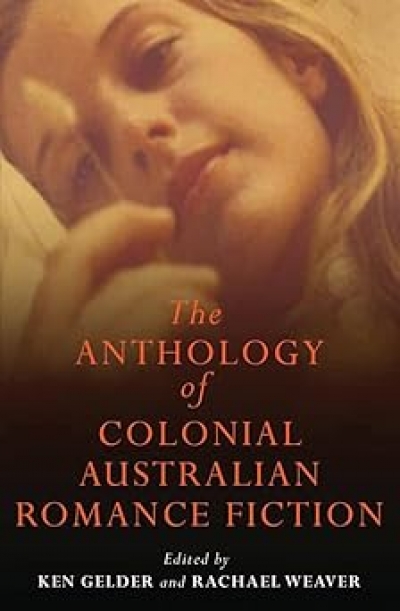Archive
In an essay on the poetry of George Crabbe, Peter Porter wrote, ‘It is a great pleasure to me, a man for the littoral any day, to read Crabbe’s description of the East Anglian coast.’ Happily, there is by now a substantial and various array of writings about Porter’s work, and I would like simply to add that his being, metaphorically, ‘a man for the littoral’, with all its interfusions, is one of his distinguishing qualities, and something to rejoice in. Coastlands, and marshes, are essential to his intellect and to his imagination. He may never have had one foot in Eden, but he did rejoice in a plurality of territories.
... (read more)The Anthology of Colonial Australian Romance Fiction edited by Ken Gelder and Rachael Weaver
Always an afterthought, last thing left
in that mad dash to spit and polish
before visitors – rare here, so I forget
how others might read you if they looked up:
weird residue of disuse, proof of slackness, antisocial.
Malcolm Fraser: The political memoirs by Malcolm Fraser and Margaret Simons
What’s Right? The future of conservatism in Australia (Quarterly Essay 37) by Waleed Aly
Mike heaves the window down to slam it shut, and Di comes running across the carpet just in time to see the whole town change into black chimneys and glass flashes and this one WOW! comes so close i duck and the windows rattle and i see weird rooms over there like bright toilets and rooms with cupboards and enormous shadows flicker on the wallpaper, but im not ...
Why do you write?
To stop time, to figure it all out.
Are you a vivid dreamer?
Yes. And prone to sleep talking and singing and, absurdly, trumpet fanfares. As a child I had a recurring dream of flying crocodiles, concluding with the subtitle ‘Christian Television Association’.
... (read more)





